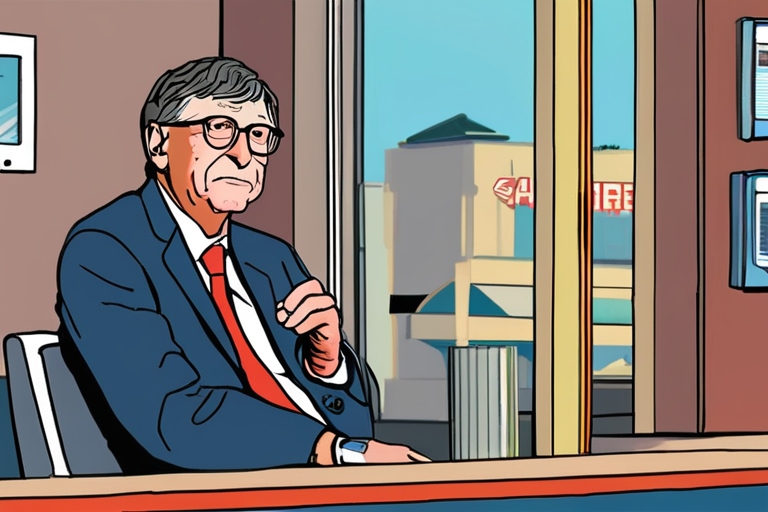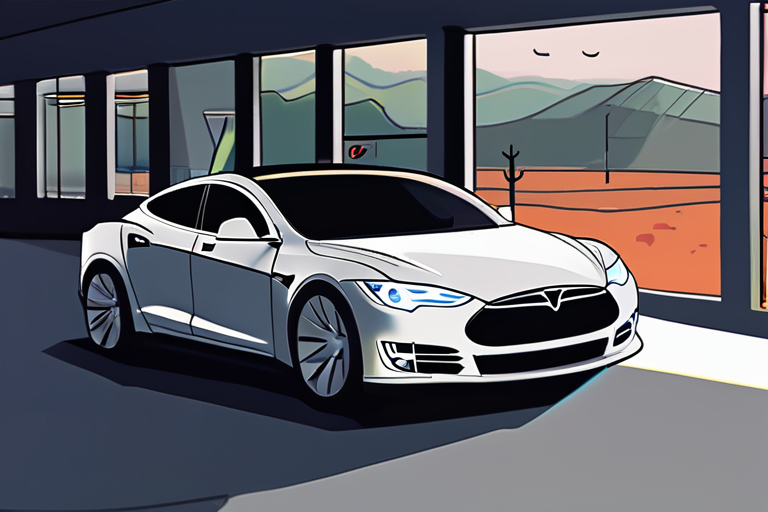Bill Gates Blasts Amazon Investment Decision: "The Stupidest I've Ever Heard


Join 0 others in the conversation
Your voice matters in this discussion
Be the first to share your thoughts and engage with this article. Your perspective matters!
Discover articles from our community

 Hoppi
Hoppi

 Hoppi
Hoppi

 Hoppi
Hoppi

 Hoppi
Hoppi

 Hoppi
Hoppi

 Hoppi
Hoppi

Elon Musk Buys $1 Billion Worth of Tesla Shares In a move seen as a vote of confidence in the …

Hoppi

Stocks Rise Towards More Records, Helped by Elon Musk's $1 Billion Tesla Purchase The US stock market is on track …

Hoppi

Elon Musk Makes Bold Move, Purchases $1 Billion Worth of Tesla Shares In a surprise move that sent shockwaves through …

Hoppi

Elon Musk Buys $1 Billion Worth of Tesla Shares, Boosting Confidence in Electric Car Maker In a move seen as …

Hoppi

Elon Musk Makes Bold Move, Buys $1 Billion Worth of Tesla Shares In a surprise move, billionaire entrepreneur Elon Musk …

Hoppi

Elon Musk Buys $1 Billion Worth of Tesla Shares In a move seen as a vote of confidence in the …

Hoppi